 In Roland Allen’s excellent book on missions, The Spontaneous Expansion of the Church
In Roland Allen’s excellent book on missions, The Spontaneous Expansion of the Church, he tells the story of a Sioux Indian chief named Big Hunter who wished to become a Christian. The problem was that Big Hunter was a polygamist. He had several wives, as was customary in Sioux culture.
The Presbyterian missionaries who were working with Big Hunter told him that if he wanted to follow Jesus, he had to put away all of his wives except one. This is what the Bible and the Gospel of Jesus Christ expected from those who were children of God.
Big Hunter was now faced with a dilemma. One the one hand, he really wanted to become a Christian, but on the other hand, he knew that any wife he got rid of would starve to death. So, not knowing what else to do, he hanged all of his wives except the one he decided to keep. Then he came to the missionaries and told them that he had done what they wanted.
They were shocked and outraged at his actions, and drove him away as a murderer. Big Hunter despaired of ever becoming a Christian, married two new wives, and lived as an unbeliever for the rest of his days.
Did the missionaries do the right thing? If not, what should they have done instead?
How you answer those two questions is called “contextualization.”
What is Contextualization?
Contextualization is the way which mission workers apply the Gospel of Jesus Christ and the truths of Scripture to the various cultures in which the missionaries work.



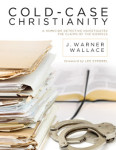
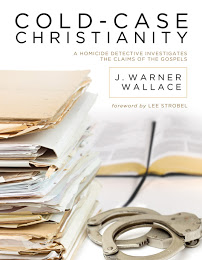

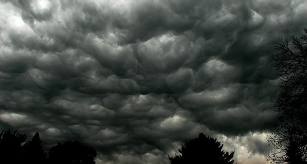 As we go through life, there are people who are involved in storms all around us. What is our responsibility as followers of Jesus toward these people?
As we go through life, there are people who are involved in storms all around us. What is our responsibility as followers of Jesus toward these people?
 In a previous post, I asked
In a previous post, I asked 
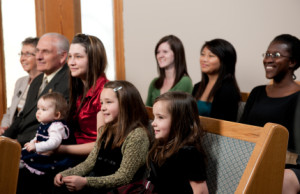 It is popular in some circles today to talk about the terrorist threat from Muslim extremists. While a Muslim threat may exist, I am more concerned about the Christian threat.
It is popular in some circles today to talk about the terrorist threat from Muslim extremists. While a Muslim threat may exist, I am more concerned about the Christian threat.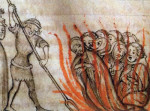
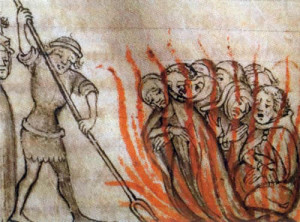 Everyone knows the world if full of bad theology. Most people believe some horribly incorrect things about God.
Everyone knows the world if full of bad theology. Most people believe some horribly incorrect things about God.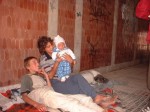
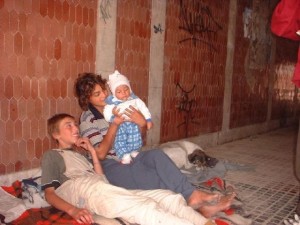 We do not like to talk about families that can’t find work, or that earn too little to keep a roof over their heads. As we crawl into our warm, dry beds we do not want to even think about them huddling under a bush in an ice storm, soaked to the skin, shaking and shivering uncontrollably, praying they’ll still be alive in the morning.
We do not like to talk about families that can’t find work, or that earn too little to keep a roof over their heads. As we crawl into our warm, dry beds we do not want to even think about them huddling under a bush in an ice storm, soaked to the skin, shaking and shivering uncontrollably, praying they’ll still be alive in the morning.
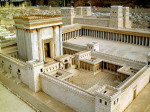
 The
The 

